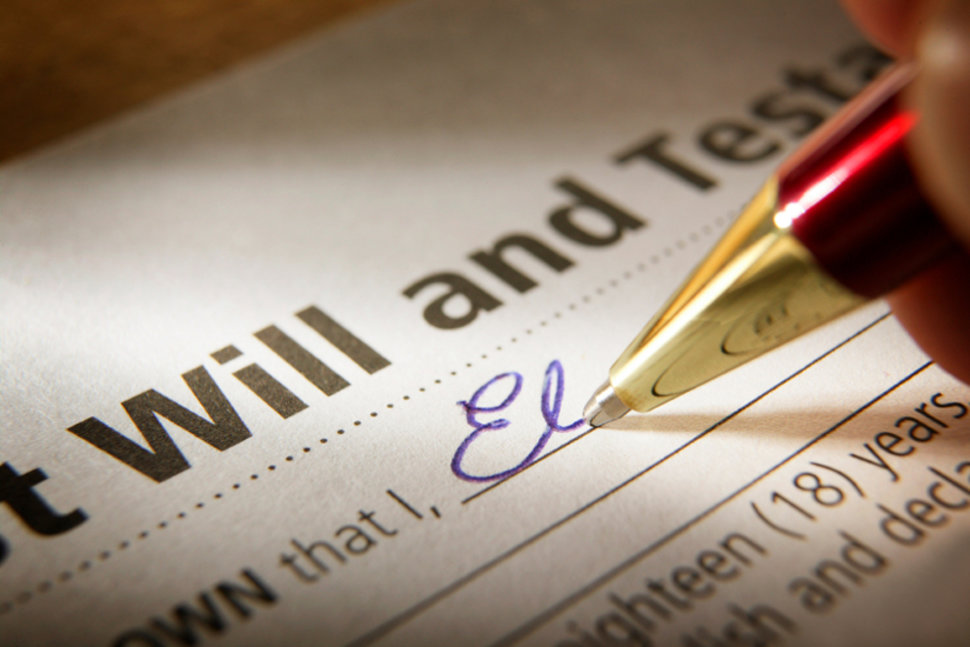Understanding Your Estate Planning Options
Return to Blog
When planning for your future, it is important to also plan for when you’re not here anymore. Estate planning can be a confusing and unhappy thing to think about. However, estate planning is essential to your family so that when you are gone, it is clear what needs to be done with your assets. There are a couple of different options to consider, and we’re here to help you identify which would be ideal for your situation. We are here to help and represent you as your estate attorney Greenville NC.
Will
 A will goes into effect only after you have passed. The document will identify who gets what when you die. It covers any property that is in your name, but not any property that you share jointly. For example, you can write in your will pieces of jewelry, furniture, property (house, condo, car), and even money in the bank. With a will, you can go and revise it at any time. If someone named a beneficiary in your will passes before you, you can go back and give that item to another person. Will’s also give you the ability to name an executor of the estate. This person is in charge of overseeing your will and handling the dividing of the property and seeing that all stipulations of the will are met. A will can also name guardians for children. A will becomes part of public record and must pass through probate to become legal. This means that a court oversees the administration of the will with or without an executor of the estate. A will also provides you with the ability to make funeral arrangements for the deceased. They may already have the arrangements pre-planned, or have them picked out in the case of their death.
A will goes into effect only after you have passed. The document will identify who gets what when you die. It covers any property that is in your name, but not any property that you share jointly. For example, you can write in your will pieces of jewelry, furniture, property (house, condo, car), and even money in the bank. With a will, you can go and revise it at any time. If someone named a beneficiary in your will passes before you, you can go back and give that item to another person. Will’s also give you the ability to name an executor of the estate. This person is in charge of overseeing your will and handling the dividing of the property and seeing that all stipulations of the will are met. A will can also name guardians for children. A will becomes part of public record and must pass through probate to become legal. This means that a court oversees the administration of the will with or without an executor of the estate. A will also provides you with the ability to make funeral arrangements for the deceased. They may already have the arrangements pre-planned, or have them picked out in the case of their death.
Trust
A trust goes into effect after it is created. This allows the “trustee”, or the person who is most likely arranging the trust, to hold legal title of property for the other person, or the “beneficiary.” Usually a trust is divided into two assets, the first asset that the beneficiary receives during their lifetime, and another set once the trustee passes. A living trust is usually held at an institution such as a bank or law firm allowing the trustee to place items into the trust throughout their lifetime. For example, many people create trusts for their children that they put money into and they can receive a portion of it once they turn 25. A trust also is a private matter and therefore avoids having to go through a probate, but doesn’t necessarily avoid issues around the court.
Which Is Right?
Luckily, you can have both a will and a trust if you’d like. Many like to think of a will as the document that divides out everything after death, and a trust can provide comfort before death. You can have one or the other, or both. Our estate lawyers can help you identify the best option for you and your family’s future. Understanding estate taxes can also be a confusing aspect of estate planning that we can help with. For all your estate planning needs, please contact us to set up an appointment to learn which option is right for you.
Do you have a case?
Call 252-757-3300 or fill out and submit the form below.
